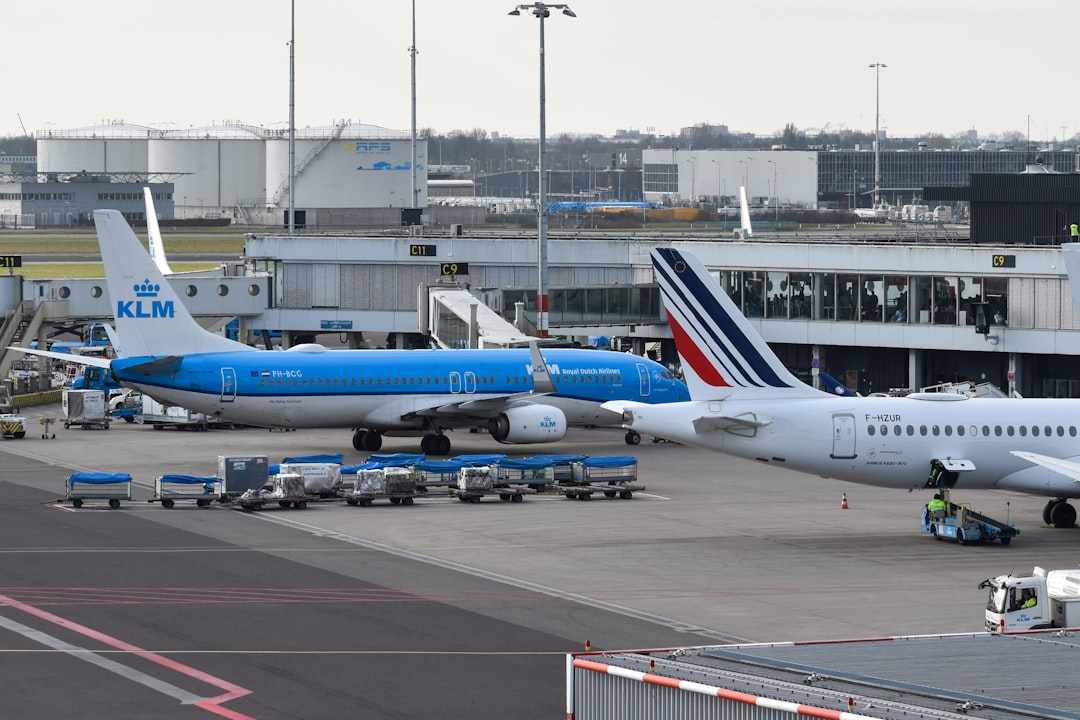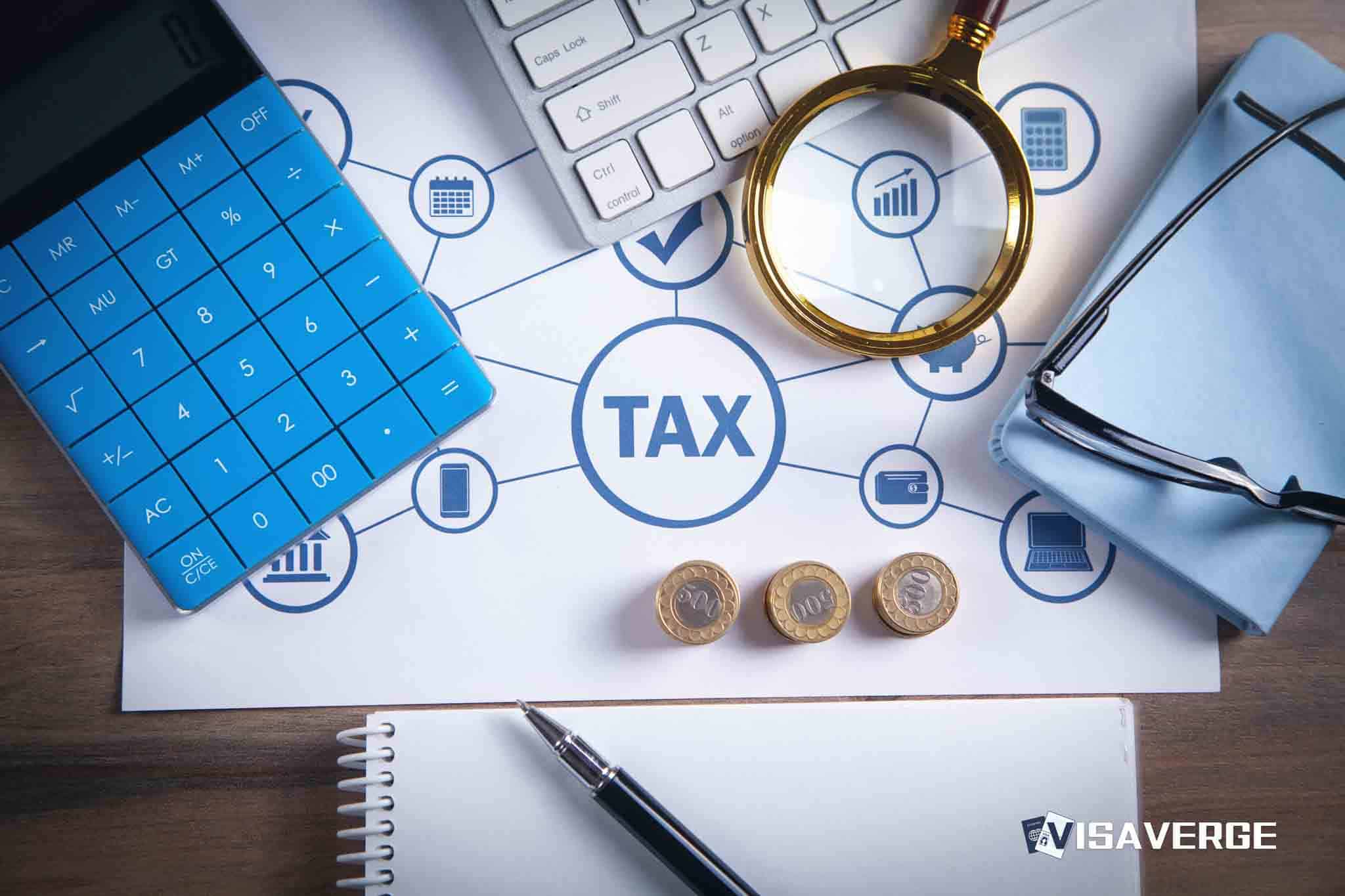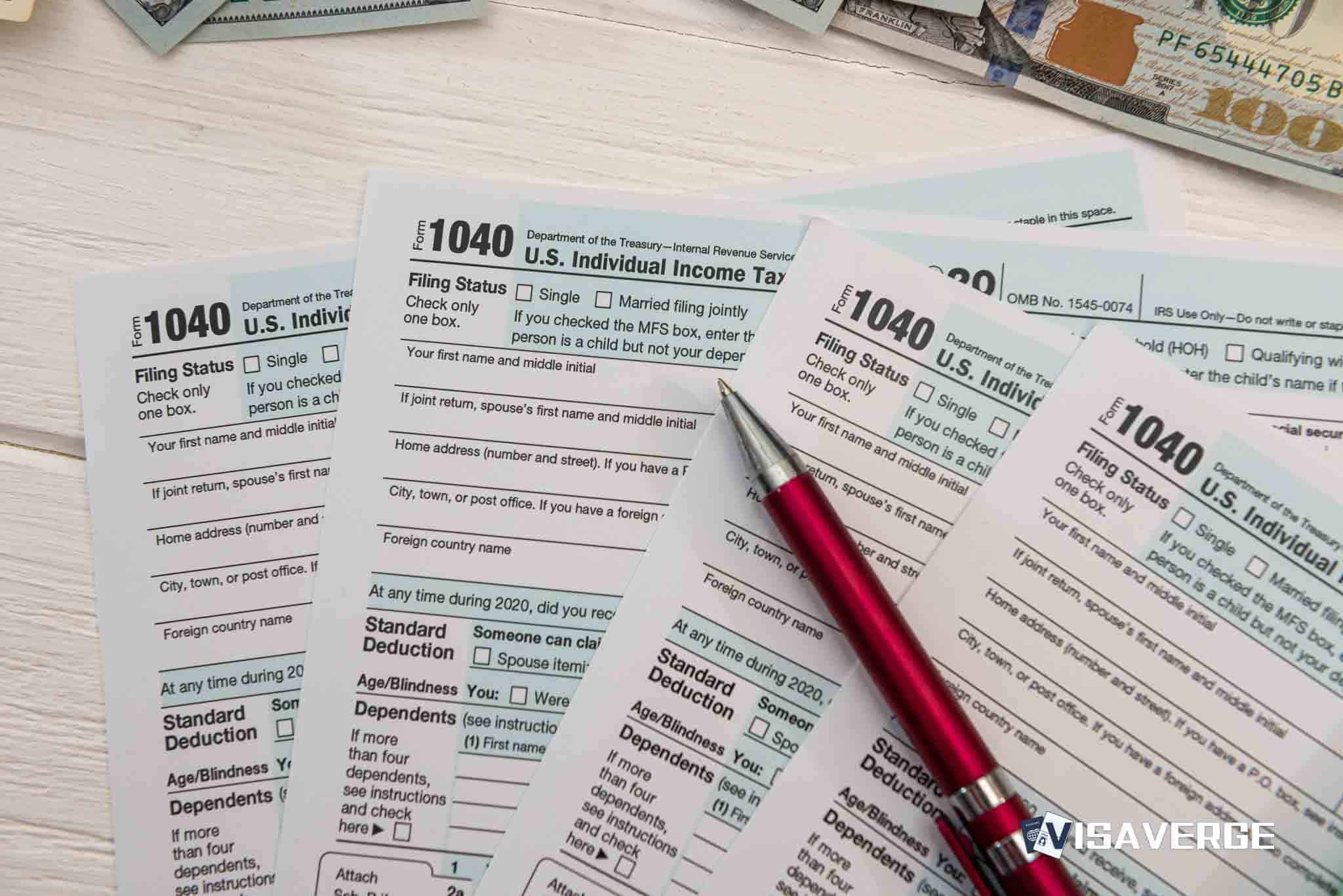Key Takeaways
• France launched a private jet tax on March 1, 2025, with rates based on flight distance and aircraft type.
• Spain and coalition countries plan similar taxes targeting private jets and premium-class flights, details expected in late 2025.
• Taxes aim to fund climate action, supported by 75% public and challenged by industry over investment risks.
Purpose and Scope
This analysis examines the coordinated move by France 🇫🇷, Spain 🇪🇸, and a coalition of other countries to introduce an aviation tax on premium flyers and private jet users. The main goal of these new taxes is to raise money for climate action and sustainable development, especially in countries most affected by climate change. The focus is on recent policy changes, especially France’s implementation of a private jet tax in March 2025, and the broader European and global context. This content aims to provide a clear, detailed understanding of the new tax measures, their practical effects, and the perspectives of key stakeholders, using only factual information from official sources.

Methodology
This analysis is based on official government announcements, policy documents, and statements from international organizations, as well as survey data and stakeholder comments. The information is organized to highlight the timeline of policy developments, specific tax details, broader trends in aviation and climate policy, and the practical implications for travelers and industry stakeholders. Data is presented in tables and bullet points for clarity, and official sources are referenced throughout. The analysis also considers public opinion and industry responses, drawing on survey results and economic studies.
Key Findings
- France 🇫🇷 has implemented a new private jet departure tax as of March 1, 2025, with rates based on flight distance and aircraft type.
- Spain 🇪🇸 and several other countries have committed to similar measures targeting both private jets and premium-class commercial flights, with details expected later in 2025.
- The main purpose of these taxes is to fund climate action and support countries most affected by climate change.
- The European Union is tightening aviation emissions rules, moving toward full auctioning of emissions allowances by 2026.
- Public support for taxing high-emission travelers is strong, with 75% of people in a 2025 global survey backing such measures.
- Industry groups warn of possible negative effects on investment and jobs, while environmental groups call for even broader taxes.
Data Presentation
France’s Private Jet Tax: Rates and Application
France 🇫🇷 introduced a sharply increased tax on private jet departures starting March 1, 2025. The tax applies to all non-scheduled private flights (such as private charters and business aviation) departing from French airports. The rates are as follows:
| Flight Type & Distance | Turboprop (per passenger) | Jet Aircraft (per passenger) |
|---|---|---|
| Within Europe (including UK & Switzerland) | €210 | €420 |
| Mid-range international (up to 5,500 km) | €675 | €1,015 |
| Long-haul international (beyond 5,500 km) | €1,025 | €2,100 |
- A 10% Value Added Tax (VAT) is added for domestic flights within France.
- Only infants are exempt from this tax.
- Aircraft operators must collect and remit the tax, which is included in the charter cost.
- Legal basis: Article L. 422-22 and Article L. 422-22-1 of the French Tax Code.
Example: A round-trip within France on a light jet could result in over €7,500 in taxes on a €12,000 charter.
Spain 🇪🇸 and Other Coalition Countries
Spain 🇪🇸 announced plans to introduce similar aviation tax measures, targeting both private jets and premium-class commercial flights. The Spanish government formalized its commitment at the June 2025 UN summit in Seville, but has not yet published detailed rates or start dates. Other coalition members—Kenya 🇰🇪, Barbados 🇧🇧, Benin 🇧🇯, Sierra Leone 🇸🇱, Somalia 🇸🇴, and Antigua & Barbuda 🇦🇬—have pledged to follow suit, aiming to direct the money raised into climate and sustainable development funds.
Broader European and Global Context
The European Commission is moving toward stricter rules for aviation emissions. By 2026, the EU Emissions Trading System (EU ETS) will require airlines to buy all their emissions allowances, with a 50% reduction in free allowances for 2025. Starting January 2025, all airline operators must also monitor and report non-CO₂ aviation effects for flights within the European Economic Area (EEA). This increases transparency and accountability for aviation emissions.
The coalition’s stated goal is to make sure the highest-emitting, wealthiest travelers contribute more to climate finance, with the money going to countries most at risk from climate change.
Public Support and Industry Response
A 2025 global survey by Greenpeace and Oxfam found:
- 75% of respondents support extra taxes on wealthier airline passengers (frequent flyers, premium class, private jets).
- 81% support taxing fossil fuel companies for climate damages.
Industry groups, such as the European Business Aviation Association, warn that these taxes could threaten up to €120 billion in foreign investment and 104,000 jobs in Europe by 2030, according to an Oxford Economics study. Environmental groups, including Greenpeace, strongly support the new taxes and call for even broader levies, such as frequent flyer taxes and taxes on fossil fuel profits.
Comparisons, Trends, and Patterns
Comparison of Tax Approaches
- France 🇫🇷: Has already implemented detailed tax rates and procedures for private jet departures.
- Spain 🇪🇸 and other coalition countries: Have announced their intention to introduce similar taxes but have not yet published details.
- EU-wide: The European Commission is focusing on emissions trading and reporting, rather than direct passenger taxes, but supports the overall goal of reducing aviation emissions.
Trends
- Growing international cooperation: More countries are joining the coalition to tax high-emission travelers.
- Shift toward climate finance: There is a clear trend of using aviation tax revenue to fund climate action and help vulnerable countries.
- Public support: Surveys show strong backing for these measures among the general public.
- Industry pushback: Business aviation groups warn of possible negative effects on investment and jobs.
Patterns
- Targeting wealthier travelers: The focus is on those who fly private jets or in premium classes, who have a larger carbon footprint.
- Linking taxes to climate action: The money raised is earmarked for climate and sustainable development projects.
- Increasing transparency: New EU rules require more detailed reporting of aviation emissions.
Evidence-Based Conclusions
- The aviation tax on private jets and premium flyers is part of a broader effort to make high-emission travelers pay more for their environmental impact.
- France 🇫🇷 is leading the way with detailed tax rates and procedures, while Spain 🇪🇸 and other countries are expected to follow soon.
- The European Union is supporting these efforts with stricter emissions rules and reporting requirements.
- Public support for these measures is strong, but there is concern from the aviation industry about possible negative effects on investment and jobs.
- The money raised from these taxes is intended to fund climate action and help countries most affected by climate change.
Limitations
- Incomplete details from Spain 🇪🇸 and other coalition countries: As of July 1, 2025, only France 🇫🇷 has published detailed tax rates and procedures. Spain 🇪🇸 and other coalition members have announced their intention to introduce similar taxes but have not yet provided specifics.
- Uncertain economic impact: While industry groups warn of possible job and investment losses, the actual effects will depend on how the taxes are implemented and how travelers and companies respond.
- Pending EU-wide measures: The European Commission is still developing its approach to aviation emissions, and future changes could affect how these taxes work in practice.
- No direct immigration forms are involved: These taxes affect travelers’ costs and choices but do not directly change immigration procedures or visa requirements.
Step-by-Step Procedures for Affected Travelers
For Private Jet Travelers Departing France 🇫🇷 (from March 1, 2025):
- Booking: The aircraft operator calculates the tax based on aircraft type, route, and number of passengers.
- Payment: The tax (plus VAT for domestic flights) is added to the total charter cost.
- Collection: The operator collects the tax at the time of booking or payment.
- Exemptions: Only infants are exempt; all other passengers must pay.
- Support: For questions, travelers should contact their charter operator or the French Civil Aviation Authority.
For Premium-Class Commercial Flyers (Spain 🇪🇸 and Others):
- Details are not yet available. Travelers should watch for official announcements and check with airlines for updated ticket prices and tax breakdowns.
Key Stakeholders and Official Contacts
- French Civil Aviation Authority (DGAC): Handles regulatory details and compliance for the private jet tax.
- Spanish Ministry for Ecological Transition: Will provide updates on Spain’s aviation tax.
- European Commission Directorate-General for Climate Action: Oversees EU-wide aviation emission policies.
- UN Financing for Development (FfD4) Secretariat: Coordinates coalition and global policy updates.
Stakeholder Perspectives
| Stakeholder | Position/Comment |
|---|---|
| French Government | Views the tax as part of a climate finance package targeting the wealthiest travelers. |
| Spanish Government | Committed to similar measures; details pending as of July 2025. |
| European Business Aviation Association | Warns of possible economic and employment impacts; urges caution. |
| Greenpeace & NGOs | Strongly support the tax; call for expansion to frequent flyer levies and fossil fuel profit taxes. |
| General Public | Broad support for taxing high-emission travelers and fossil fuel companies for climate damages. |
Future Outlook and Pending Developments
- Spain 🇪🇸 and other coalition countries are expected to publish detailed tax rates and procedures in the coming months, aiming for full rollout before COP30 (late 2025).
- EU-wide measures may expand as the European Commission continues to tighten aviation emissions regulations and reporting requirements.
- Broader adoption is likely, as more countries consider climate-related taxes targeting high-emission sectors and individuals.
Official Resources
For more information about France’s private jet tax and regulatory details, travelers and operators can visit the French Civil Aviation Authority (DGAC) website. This site provides up-to-date information on compliance, procedures, and contacts for further assistance.
Practical Guidance and Next Steps
- Private jet travelers departing France 🇫🇷 should factor the new aviation tax into their travel budgets and consult their charter operators for exact costs.
- Travelers planning premium-class or private jet flights from Spain 🇪🇸 and other coalition countries should monitor official announcements for updates on tax rates and procedures.
- Industry stakeholders should prepare for higher costs and possible changes in demand, and may wish to engage with government and advocacy groups as policies develop.
- All travelers can expect increased transparency and reporting on aviation emissions, especially for flights within the European Economic Area.
As reported by VisaVerge.com, these coordinated aviation tax measures reflect a growing international effort to address climate change by making those with the largest carbon footprints contribute more to climate finance. While the full economic impact remains to be seen, the trend toward climate-related taxes in aviation is clear, and further developments are expected as more countries join the coalition and the European Union tightens its emissions rules.
In summary, the new aviation tax on private jets and premium flyers marks a significant shift in how countries fund climate action. France 🇫🇷 has taken the lead with detailed implementation, while Spain 🇪🇸 and other nations are set to follow. The measures enjoy strong public support but face industry concerns about costs and jobs. Travelers, operators, and policymakers should stay informed as the situation evolves, especially with more details expected before the end of 2025.
Learn Today
Private Jet Tax → A government-imposed fee on private jet departures based on distance and aircraft type aimed at reducing emissions.
European Union Emissions Trading System → An EU program requiring airlines to buy emissions allowances to limit aviation greenhouse gases.
Value Added Tax (VAT) → A consumption tax added to domestic flights, here applied at 10% on the private jet tax in France.
Premium-Class Flights → Commercial airline seats offering additional comfort or service, targeted by new climate-related taxes in some countries.
Climate Finance → Funds collected to support projects that reduce climate change effects, especially in vulnerable countries.
This Article in a Nutshell
France introduced a private jet tax in March 2025 to fund climate action, with Spain and others planning similar measures. This targets high-emission travelers and aims to support vulnerable countries, but industry groups warn of job losses. Public support remains strong for taxing premium flyers globally.
— By VisaVerge.com













